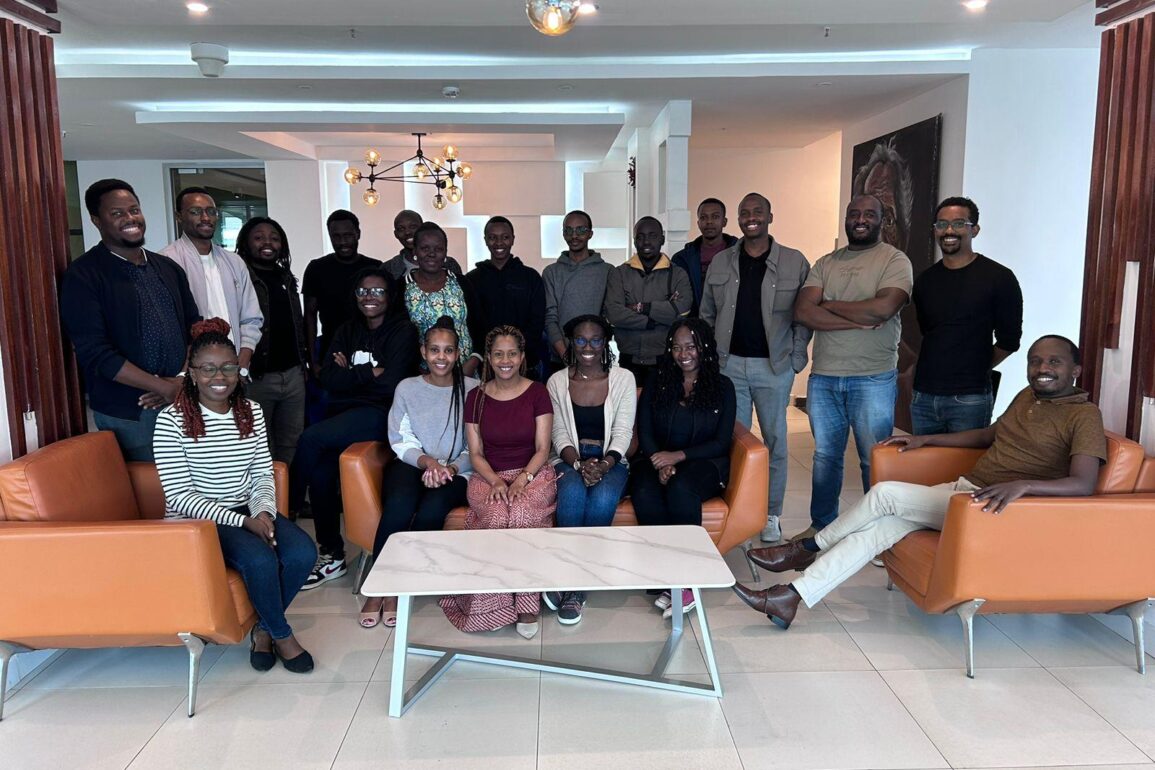Savannah Informatics Global Health Institute (SGHI), a Kenyan organization, has been selected as part of the Amazon Web Services (AWS) Health Equity Initiative, a $60 million, three-year commitment supporting organizations that are developing solutions to advance health equity.
The initiative is aimed at reducing health disparities in Nairobi, Kisumu, Coast, Kiambu, Kajiado, and Kirinyaga counties. Focused on reproductive, maternal, newborn, and child health (RMNCH) services, the project employs AI-driven digital tools developed through participatory design, local capacity building, and collaboration with community stakeholders.
According to SGHI president Justus Kilonzi, the grant marks a pivotal moment in the organization’s journey to revolutionize healthcare accessibility and delivery in Kenya. “With AWS’s backing, we are empowered to harness the transformative potential of our mDaktari Optimal Health platform, ensuring that every individual, especially within RMNCH services, receives the comprehensive care and guidance they deserve,” Kilonzi said in a press release.
By addressing critical gaps in healthcare, the initiative seeks to enhance healthcare provider capacity, improve health literacy, and streamline access to quality services. The goal is to significantly impact community health outcomes, contributing to the reduction of maternal and under-five mortality rates. This project signifies a step towards achieving health equity and resilience in the Kenyan healthcare system.
SGHI has received computing credits and technical expertise from AWS to leverage a generative AI-powered mDaktari Optimal Health platform for comprehensive education, care, and health system navigation in Reproductive, Maternal, Newborn, and Child Health Services (RMNCH) in Kenya. Through artificial intelligence, SGHI plans to harness the capabilities of this cutting-edge technology to promote inclusive healthcare solutions and address health disparities in Kenya.
“AWS believes individual health outcomes should not depend on socioeconomic status, race, ethnicity, or neighbourhood. Cloud technology can help address inequities in global health to expand access to the services people need to live longer, healthier lives, no matter who they are or where they live,” said Maggie Carter, Global Lead, Director, Social Responsibility and Impact, AWS.
Through the initiative, AWS offers its credits and customized technical expertise to selected organizations around the world that want to leverage AWS services to improve health outcomes and health equity in any of the following areas that aim at, increasing access to high-quality, culturally responsive health services, increasing access to responsive social and community support and mitigating the impact of climate change on health and quality of life.
SGHI’s project aligns with the AWS grant’s primary aim of reducing disparities by addressing social determinants of health and the secondary aim of improving access to healthcare. By empowering the healthcare workforce with advanced tools, providing comprehensive health education, and improving care navigation, we strive to democratize healthcare access and improve health equity.
Daphne Ngunjiri, CEO, Access Afya said the initiative symbolizes empowerment and the unwavering belief that countries can overcome healthcare disparities and build a more inclusive world. “Our journey with SGHI and AWS marks a pivotal moment in achieving health equity, demonstrating that with the right collaborators and technological advancements, we can ensure health for all—a right, not a privilege,” she said.




